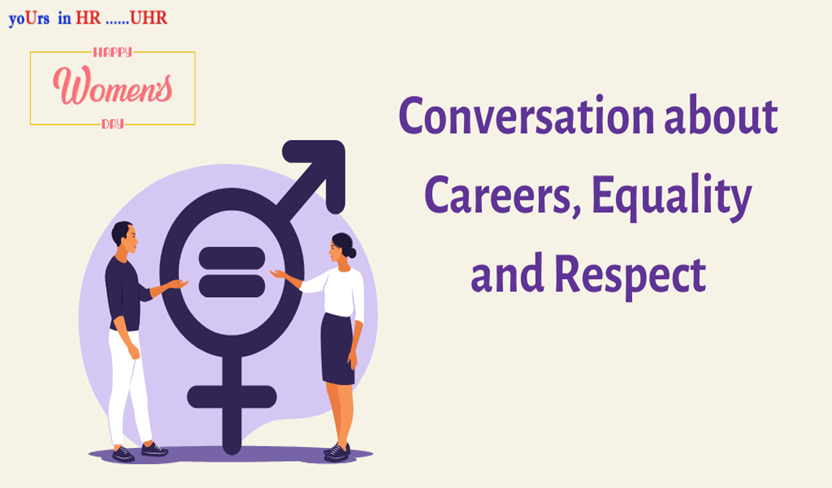
As Women’s Day as approaching, familiar conversations about gender and women empowerment would be coming up. While equality remains a common point of conversation while talking about these issues, it is also worth examining what are we genuinely looking for when it comes to equality, and if there are areas where we need to understand if equality is something that is the genuine need, or perhaps something more nuanced.
Respect and Equality:
The way men and women have to take up roles and responsibilities in a family setting, typically is not the same. While conversations about redefining gender roles and having a more ‘equal’ atmosphere abound, the reality is that the genders are different, and how a woman might handle a conflict, raise a child or manage her work will be different than how a man does.
Equality doesn’t simply denote ‘sameness’; it should and denotes equal respect. Perhaps, the need then should be to pay equal respect to approaches that a man and a woman might take to their responsibilities instead of simply saying things like ‘men and women are equal’. Men and women are different, with different ways of approaching personal and professional lives, and it is the differences that need to be equally respected.
The Different Approaches to Career:
Take for example the way a woman’s career trajectory is often looked at. Many times, life-stages like motherhood are considered impediments to her career! Not to mention how men are most of the times denied the importance of paternity leaves. How ‘gendered’ is our notion of a career! Organisations and personnel connected to management might benefit by understanding the difference in approaches to career, specific to the demands the two genders are faced with. An article by Harvard Business Review brings to notice some crucial points to keep in mind when it comes to questions about careers of women:
- Pausing one’s career to look after domestic demands is not a bad thing. In fact, it is sometimes necessary and even in that pause, development doesn’t stop. Skills from time-management to personnel management are developed through the domestic duties that women often traditionally end up taking.
- A slow pace is still progress. Say Mrs. A had a child, and in balancing her professional life, and looking after a small child, her career’s pace got slowed down. She remained in one post for around 8-9 years. Does that mean she would have no opportunity ahead? Does that mean she shouldn’t resume at a faster pace when the child has grown up enough? Does a slow pace mean a complete impasse? Of course not. A career can still be fruitful and successful, even with a slow pace. One can take pauses while climbing the ladder.
In other words, the time and intensity with which women can engage with their careers will be different than how a man does. As a result, the approach they take will also be different. That difference in approach, rather than being seen of a lesser value, and as makeshift, should be seen as an approach that is as necessary, valid and respected.
In an age of uncertainty, and of times when both men and women are faced with crises that challenge them to be better versions of themselves, it makes sense that we all act in support of each other, rather than competing unnecessarily. Variation in approaches in problem-solving, whether personal or professional, should be explored with an open mind, and a curiosity, rather than rivalry, animosity or the need to overly simplify ‘equality’. The first step lies in establishing respect for the differences.
Team UHR extends warm wishes for Women’s Day in advance!





